By Bárbara d’Oro, Meredith Lauzon and Travis Poland
Pedro Silva became a permanent resident in Canada in January. He has been living in Ottawa with his wife for almost two years, but on Oct. 22 they will have no say in choosing either a mayor or a city councillor. As an active resident, he thinks that is unfair.
“If you live here and you are now here in a permanent status, you pay taxes, you are part of the community, just [like] any other citizen,” says Silva.
Under provincial legislation, only Canadian citizens can vote in municipal or provincial elections. That’s true federally as well. But there is a growing movement to extend the right to vote at the local level to permanent residents.
Toronto, Halifax, North Bay and Vancouver are among a growing list of Canadian cities that want to give permanent residents the right to participate in municipal elections. So far, Ottawa is not among them.
Earlier this year in Nova Scotia, a private member’s bill was introduced in the legislature that would allow permanent residents to vote in municipal elections, but it died after first reading.
Cities across Canada have endorsed the idea that permanent residents should be able to vote in municipal elections.
Those who think it is a good idea note that permanent residents pay taxes and use city services just like everyone else. Duff Conacher, co-founder of Democracy Watch, says that allowing permanent residents to vote could also push government to make city services better.
“Permanent residents are often new Canadians who are dealing with a lot of government programs and services,” Conacher says. “To give them the vote would give them a greater say and would likely improve those services, which lots of other people access as well, but particularly people who are new here, as they are adjusting and getting set up.”
The list of requirements to become a permanent resident includes: work experience inside and outside Canada, a certain level of education, and English or French proficiency. Once a person becomes a permanent resident, he or she must live in Canada for at least three years before applying for citizenship. To become a citizen, the person must also pass a test on Canada and its history. Only then does the right to vote kick in.
“You pay taxes, you are part of the community, just as any other citizen.”
– Pedro Silva
Conacher, who also teaches law and politics at the University of Ottawa, says the citizenship test does not prepare a person to become an engaged citizen.
“The citizenship test is kind of basic facts and figures; not really how can you be an active citizen and deal with government and city hall and provincial government and ensure you are getting the services you have a right to,” Conacher says.
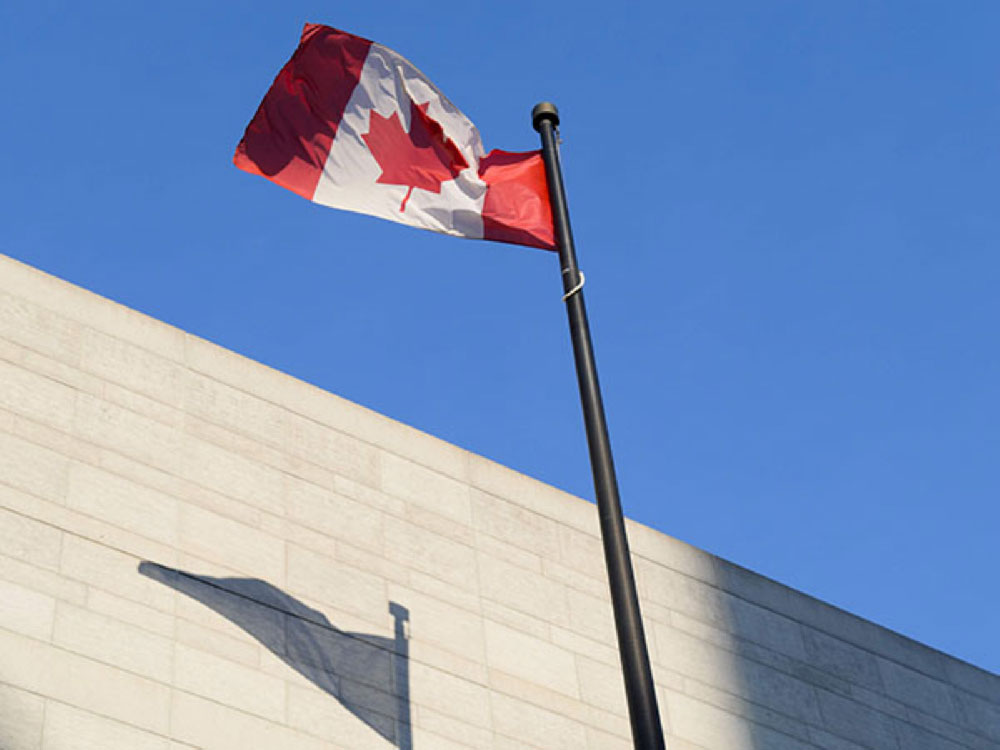
In Ottawa, more than 62,000 residents are non-citizens and therefore cannot vote, according to Statistics Canada 2016 census data. Despite this, council has not passed any motion asking the province to extend municipal voting rights to those in this group who are likely permanent residents. Yet municipal elections historically have low voter turnout. In Ottawa, in the 2014 municipal election, turnout was just 39.7 per cent.
While permanent residents cannot vote in Canada, other countries allow non-citizens to vote in local elections.
Fabien Kalala Cimankinda, one of four candidates running for city councillor in River Ward, says giving permanent residents the right to vote would be the fair thing to do.
“You do not have to be a citizen to see that municipal affairs are affecting 80 per cent of our lives,” says Kalala Cimankinda, who immigrated, then became a permanent resident and is now a citizen. For him, the fact that these people are residents of Ottawa is what should count.
Pedro Silva says he understands why some people don’t think permanent residents should be allowed to vote.
For example, some government jobs, for national security reasons, require Canadian citizenship. “That makes sense,” he says. But at the same time, Silva says that he would like to have a say in who will be elected for the ward where he lives.
“I think it makes sense that you have the interest in choosing the people that will represent your interests.”

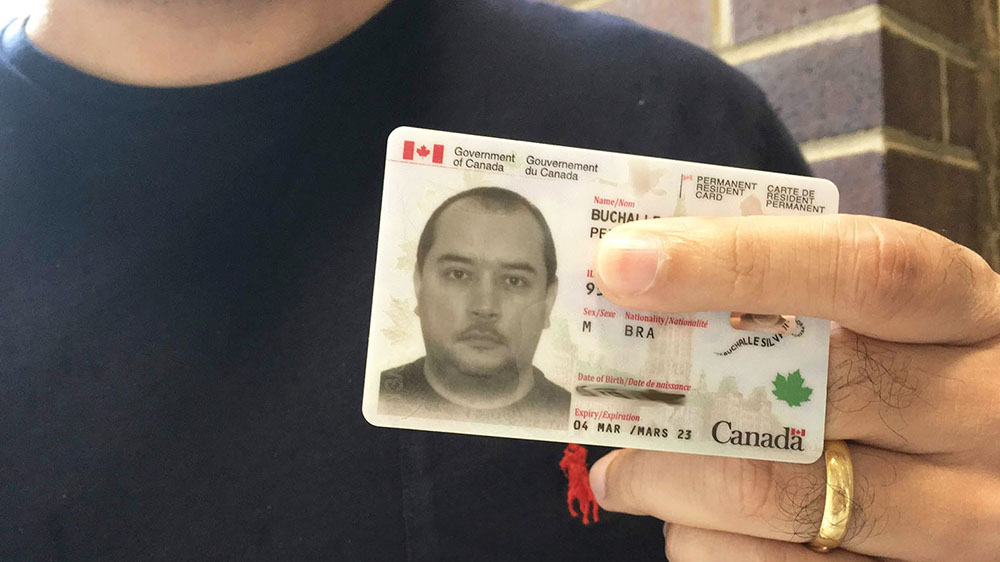
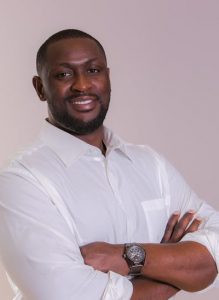
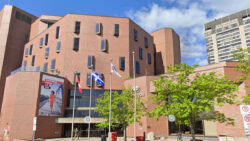
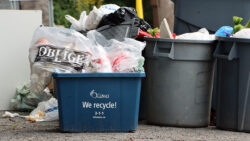
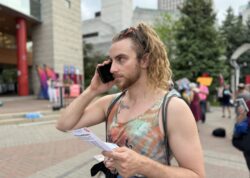
It would also be good to give Canadian citizens living abroad or in the U.S. the right to vote! I lost mine after five years. There is an ongoing court challenge about this issue, since it’s clearly possible to allow Canadian citizens to vote abroad — the United States does it all the time.
As an actively engaged permanent resident and non-citizen in Ottawa, I am both interested in voting in municipal elections and understanding of why that right might not be extended to people like me. I do believe citizenship has a special significance beyond what permanent residency offers – and one of the main differences is the right to vote. I could see the argument made that allowing permanent residents to vote devalues citizenship and would perhaps mean fewer permanent residents would see the importance of becoming full-fledged citizens. I do like the idea of allowing permanent residents to vote in municipal elections, as we do have an interest in how our local community is run, but I also believe the vote is an important right that should not be treated lightly.
When you become a permanent resident it only take three years to become a Canadian. If your unlucky you miss out on one election. Become a Canadian like I did and also have the privilege to serve your new country. I put my life on the line for her.
So become a Canadian citizen. That’s what I did.